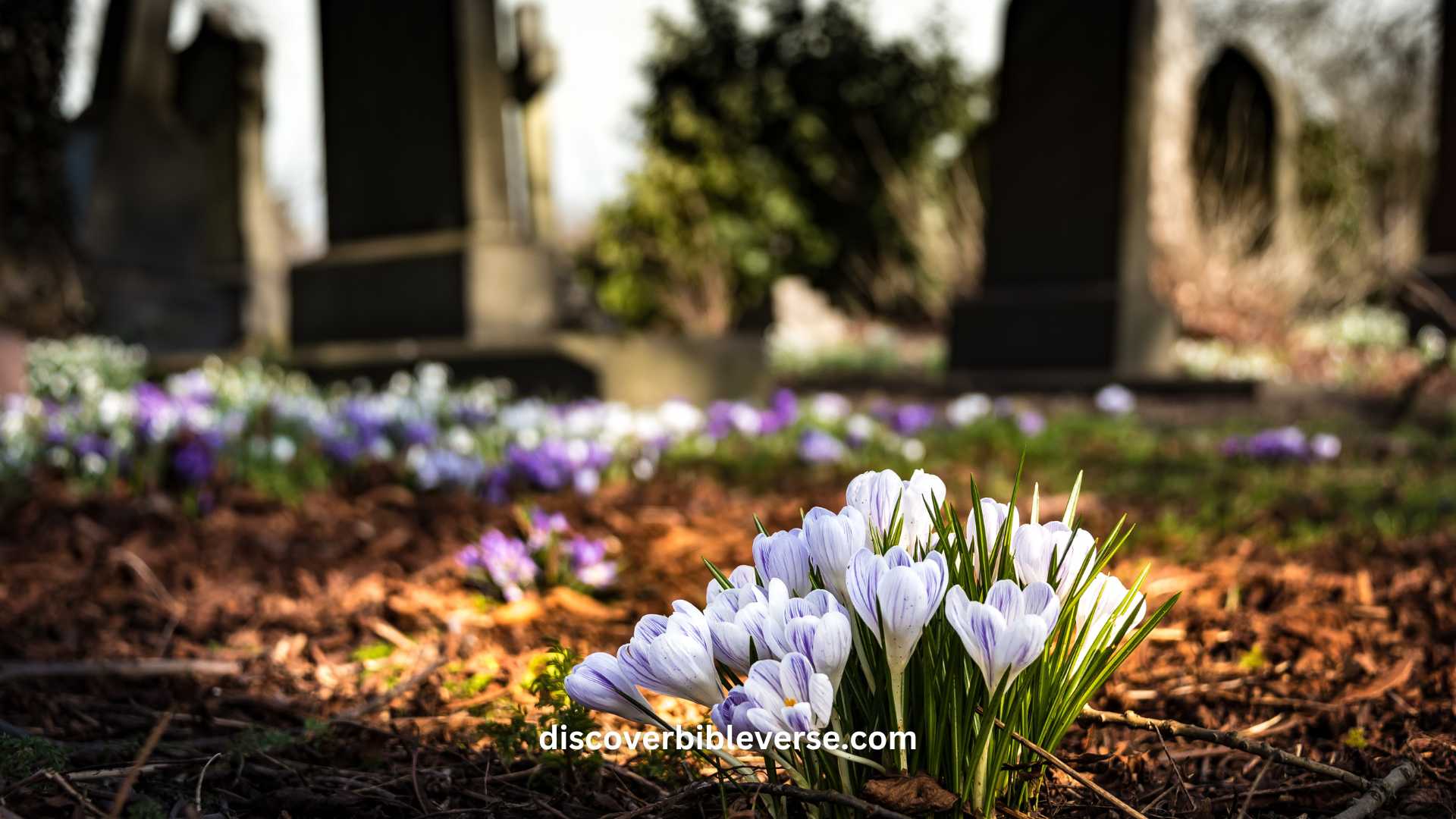The Bible, a profound source of spiritual guidance, delves into the mysteries of life and death, offering insights that have comforted and intrigued believers for centuries. A question that often arises is: What does the Bible say about the 40 days following death? This inquiry is not just theological but also cultural, intertwining with beliefs held in various traditions about the significance of this period after someone passes away.
Biblical Insights on Death and the Hereafter
In Scripture, death is often metaphorically described as a “sleep,” a temporary halt of life until the resurrection. This concept is reiterated across the Bible, highlighting two pivotal resurrections: the resurrection of the righteous to eternal life at Christ’s second coming, and the resurrection of the unrighteous to the final judgment, known as the “second death,” at the conclusion of the 1000 years, as depicted in Revelation 20.
Contrary to some cultural beliefs, the Bible does not explicitly refer to a 40-day period post-death as a transitional phase for the soul. The focus is rather on the eventual resurrection and final judgment. The notion of a soul’s 40-day journey is more a cultural or traditional belief, not a scriptural one.
Cultural Integration: 40 Days After Death Prayer Quotes
While the Bible might not directly address the 40-day period, this timeframe is revered in many cultures, often marked by prayers and rituals. A common prayer during this period might be: “Today, my Lord, I pray for [name], who has passed away. May his/her soul find its way to Your heavenly gardens.” This prayer reflects a deep longing for the departed’s peace and salvation.
Another poignant prayer is: “Dear Heavenly Father, during these 40 days of mourning, I offer my heart to You. Please grant me Your healing presence, easing the pain of loss.” Such prayers embody faith and hope, representing a human connection with the divine in times of sorrow.
The Significance of Prayer and Mourning Across Cultures
The tradition of dedicating 40 days to mourning and prayer transcends Christianity, with various cultures and religions interpreting this period in their own unique ways. In some traditions, it is believed that the soul of the deceased roams the Earth during these 40 days, revisiting significant places from their life. This period culminates with the soul’s departure from the world.
Related Questions and Answers from “40 Days After Death Prayer Quotes”
1. What is the significance of the 40-day period after death in Christian beliefs?
- Answer: In Christian beliefs, the 40-day period after death doesn’t have a specific biblical basis. However, it is culturally significant in many Christian traditions, where it is a time for prayer and remembrance of the deceased, reflecting on their journey to the afterlife.
2. Are there specific prayers recommended for the 40 days after someone’s death?
- Answer: While the Bible doesn’t prescribe specific prayers for the 40 days after death, many Christian communities have traditional prayers during this period. These prayers often seek peace and salvation for the departed soul and comfort for those grieving.
3. How does the concept of 40 days after death differ between the Bible and cultural practices?
- Answer: The Bible does not explicitly mention a 40-day period after death as significant. In contrast, various cultural practices around the world hold this period in high regard, often involving rituals and prayers for the deceased’s soul, which is believed to be transitioning during this time.
Conclusion: A Fusion of Scripture and Tradition
In summary, while the Bible does not specifically mention a 40-day period after death, the amalgamation of cultural practices with biblical teachings creates a rich, multifaceted tapestry of faith and tradition. Prayers and rituals during this time provide solace and hope, acting as a conduit between earthly existence and the eternal realm. As we traverse the complexities of life and death, these shared beliefs and customs offer comfort and a deeper understanding of our spiritual journey.





Today, I went to the beachfront with my children. I found a sea shell and gave it to my 4 year old daughter and said “You can hear the ocean if you put this to your ear.” She placed the shell to her ear and screamed. There was a hermit crab inside and it pinched her ear. She never wants to go back! LoL I know this is completely off topic but I had to tell someone!